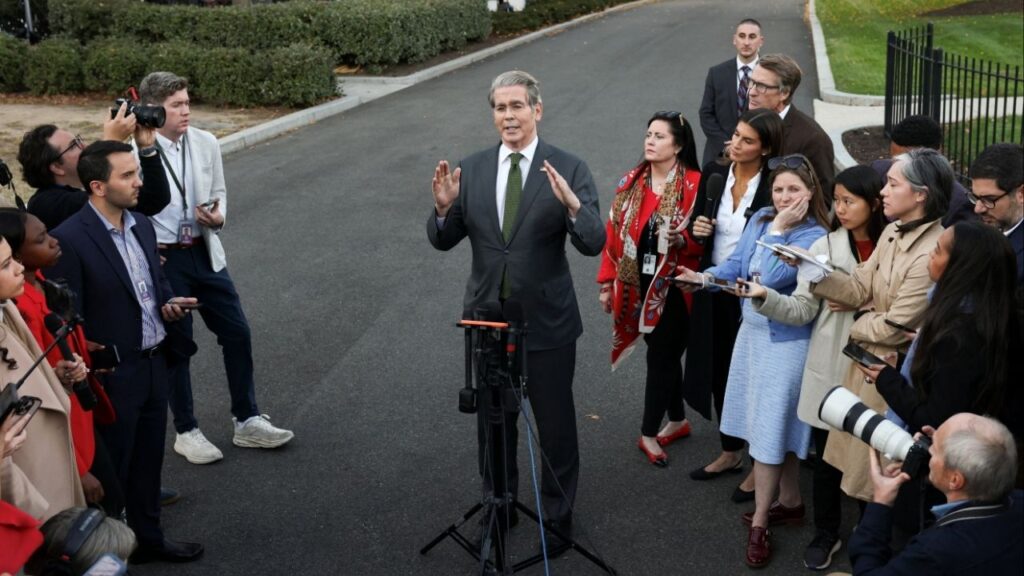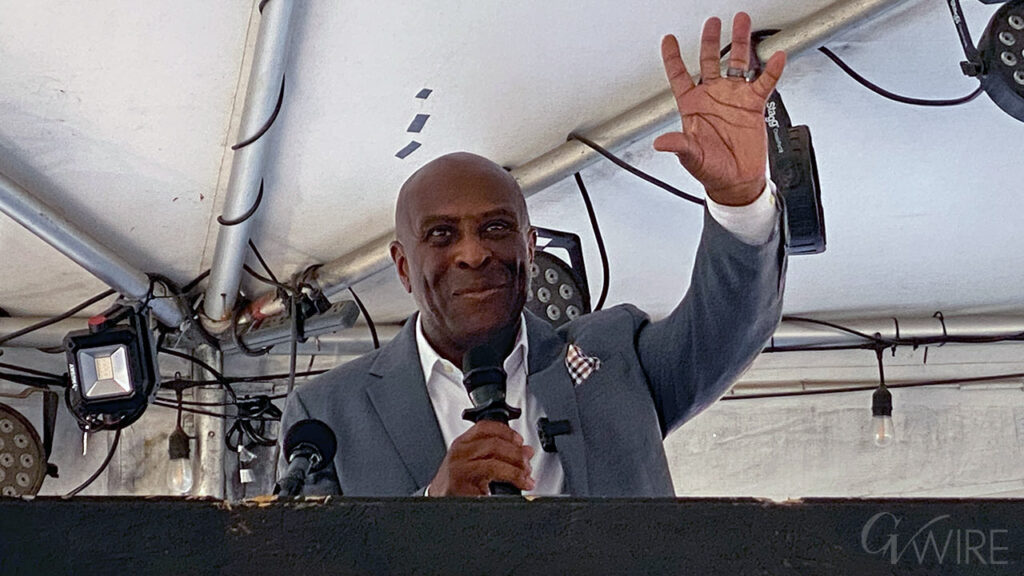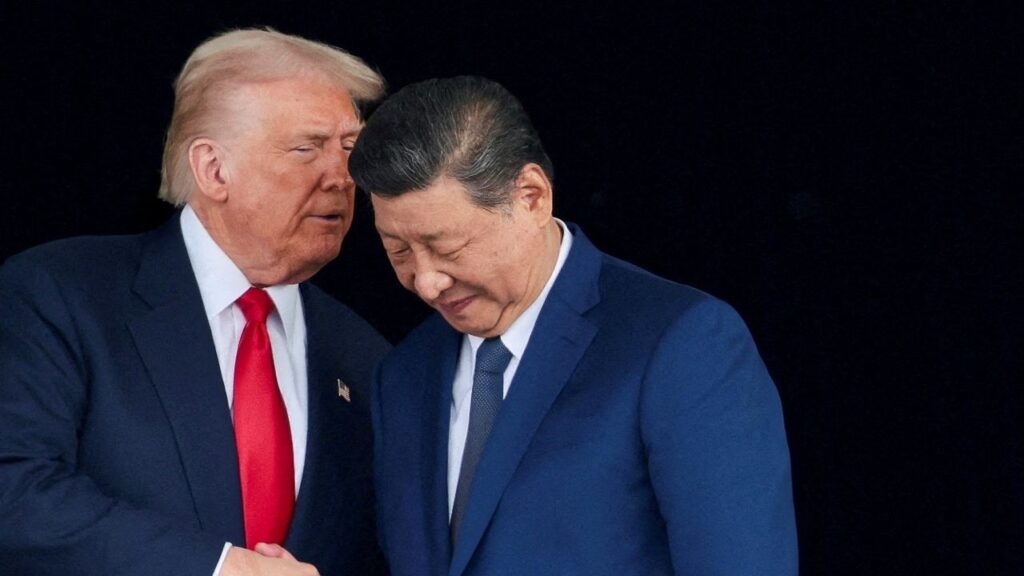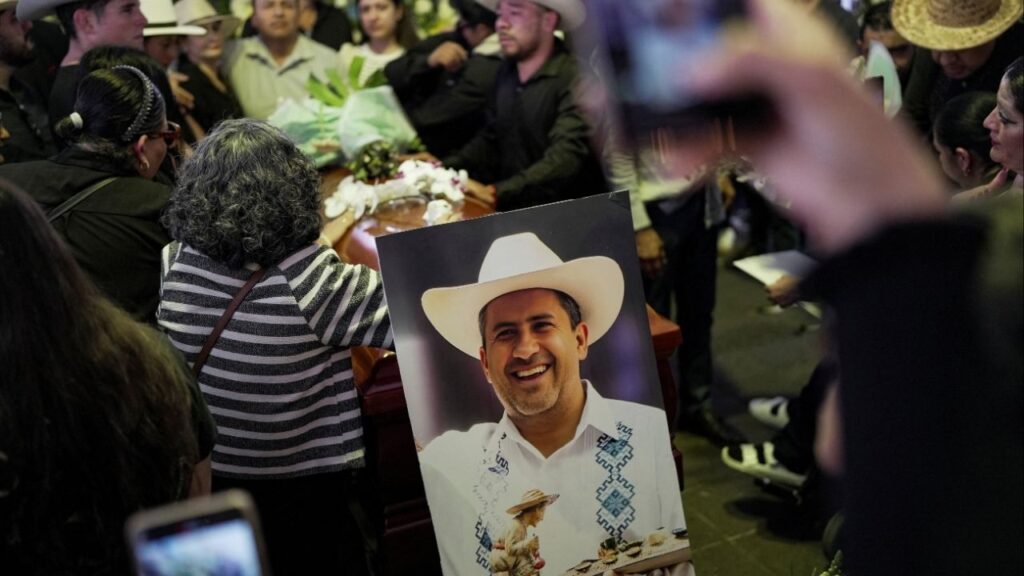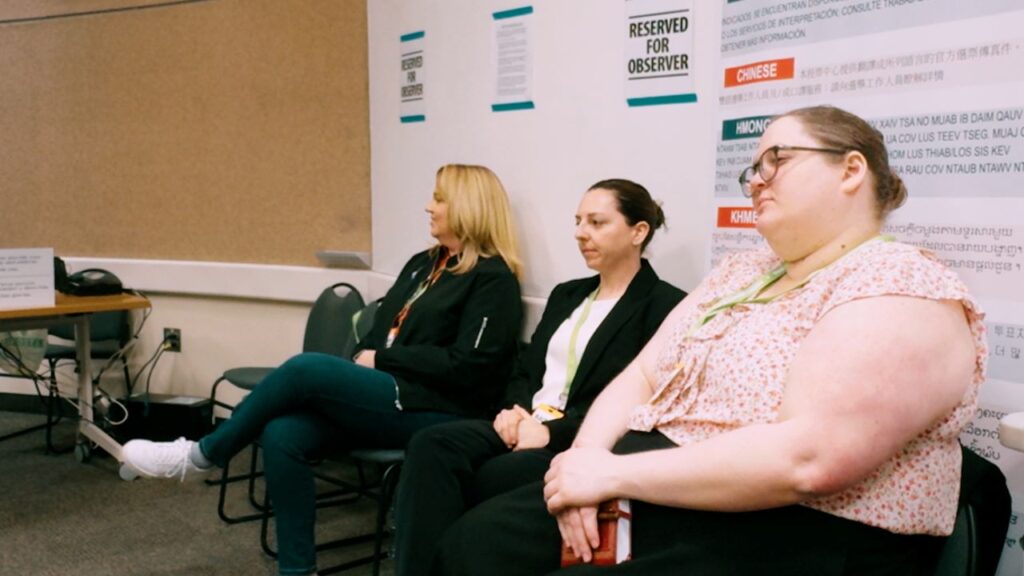History shows demanding zero enrichment from Iran has only resulted in a larger, more advanced nuclear program, writes Trita Parsi. (GV Wire Composite)
Share
|
Getting your Trinity Audio player ready...
|
President Trump is optimistic about nuclear negotiations with Iran, telling reporters that “very good things” are happening and praising Iranian officials for being “very reasonable.”
This positive sentiment has been echoed by Iranian diplomats, with Iran’s foreign minister describing recent discussions as “more serious” and “more detailed” than previous meetings.
The Zero-Enrichment Dilemma
Despite initial progress toward limiting Iran’s nuclear enrichment capabilities, recent talks faced setbacks when U.S. negotiators pushed for complete abandonment of Iran’s domestic enrichment program.
Shutting down Iran’s 20,600 centrifuges isn’t necessary to prevent an Iranian nuclear weapon but remains a favorite position of hardliners.
History shows this approach has consistently backfired, writes Trita Parsi, co-founder and executive vice president of the Quincy Institute for Responsible Statecraft. When Iran proposed a comprehensive deal in 2003, it had just 164 centrifuges. After the Bush administration rejected this offer and demanded zero enrichment, Iran’s program expanded dramatically.
By 2009, Iran operated 8,000 centrifuges, and by the time the JCPOA was implemented, that number had grown to 19,000.
With Iran’s potential withdrawal from the Non-Proliferation Treaty, and Pentagon assessments showing Iran’s missile capabilities are more formidable than previously thought, Trump faces a critical decision: Pursue the unattainable zero-enrichment fantasy or secure a realistic, verification-based agreement that actually constrains Iran’s nuclear ambitions.
Read more from Parsi at The American Conservative.








